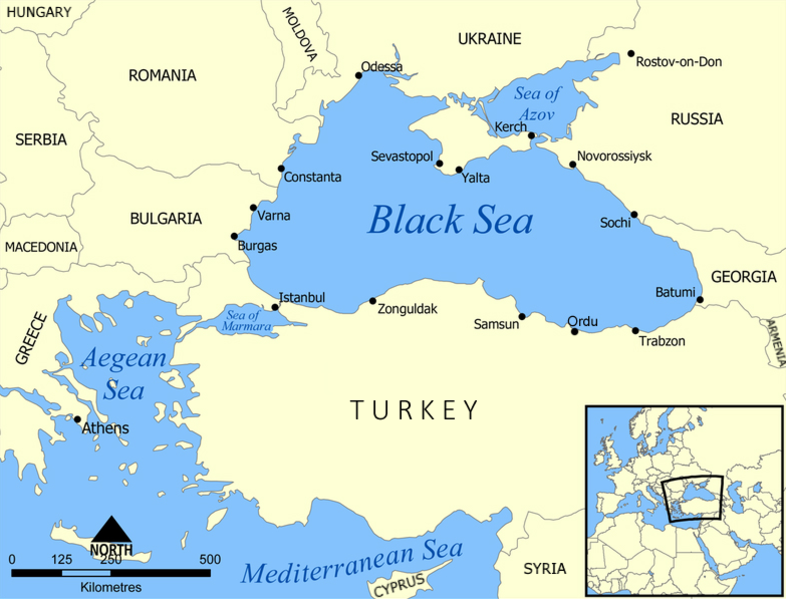The first is a response to Russia's
 use of Ballistic Missiles in its war on Georgia. Russia's signal that it is willing to employ such weaponry upon its neighbors has helped Mr. Bush to convince the Poles that anti-Ballistic Missile weapons emplacements are a necessary defense measure (this on top of radar installed earlier). The US is insisting that this is happening right on schedule, but the talks yesterday were by no means guaranteed to lead to a quick and easy Polish acceptance--especially after 18 months of tough negotiations. Radar installations will be waiting for Czech parliamentary approval soon--but they are likely to pass, given the jolt that Eastern Europe has recently received.
use of Ballistic Missiles in its war on Georgia. Russia's signal that it is willing to employ such weaponry upon its neighbors has helped Mr. Bush to convince the Poles that anti-Ballistic Missile weapons emplacements are a necessary defense measure (this on top of radar installed earlier). The US is insisting that this is happening right on schedule, but the talks yesterday were by no means guaranteed to lead to a quick and easy Polish acceptance--especially after 18 months of tough negotiations. Radar installations will be waiting for Czech parliamentary approval soon--but they are likely to pass, given the jolt that Eastern Europe has recently received.The second move by the West has been a Ukrainian decision to formally require the Russian navy to ask for permission to dock in Sevastopol--a port leased
 to the Russians until 2017. The move is mostly symbolic, but it shows that the Ukrainians are officially unwilling to facilitate Russian action (particularly given that Georgia rests on the Black Sea), and that the Russian navy will have a great deal of headaches over the next 9 years, unless it builds its own major naval seaport.
to the Russians until 2017. The move is mostly symbolic, but it shows that the Ukrainians are officially unwilling to facilitate Russian action (particularly given that Georgia rests on the Black Sea), and that the Russian navy will have a great deal of headaches over the next 9 years, unless it builds its own major naval seaport. Finally, NATO seems to be doing what it can to make very clear its own anti-Russian stances--not to deter Russia (especailly coming from the mouths of the Canadians), but to encourage the Germans not to veto Georgian and Ukranian membership in the future--or so it would seem. Along with NATO's unanimous resolution of support for Georgia, such anti-Russian rhetoric might actually convince the Germans that they simply must go along with Georgian and Ukranian inclusion, and be ready to face the consequences as an alliance.
But regardless of what the West does, the Russians have lots of options in Georgia--from mere bases in Georgian breakaway regions to full annexation of Ossetia and Abkhazia. The Russians may be more passive-aggressive and ask the Georgians to cut down their military (to make it easier for these regions to break away), or just continue killing Georgians in the regions to eliminate any grassroots support for Georgian control. No matter what, Russian refusal to pull out, let humanitarian aid in, or allow international reporters is ominous at best. In this Russo-Western cold war, the Georgians are but an unfortunate pawn that will continue to lose civilian lives, economic prosperity, political stability, and territory, all so the Kremlin might show the West that it is not to be trifled with.
1 comment:
...please where can I buy a unicorn?
Post a Comment